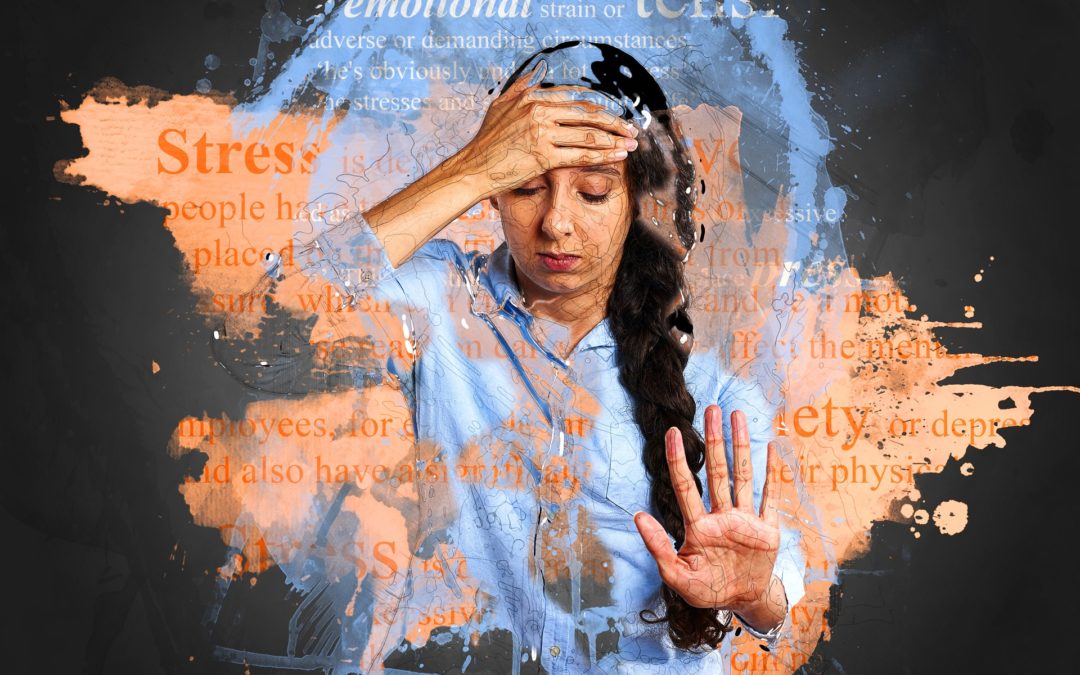You may be very concerned about your current way of living during this pandemic. Spending more time at home changes how we live and eat. Having little social contact, or maybe seeing family members more often or not at all; this pandemic really changes our dynamics! You may be feeling overwhelmed from hearing about coronavirus and this inevitably triggers cortisol, our stress hormone levels. We have mentioned before how this hormone works, but here again is an overview.
Cortisol is a substance that is released whenever you are under stress, it is our fight or flight system. When you are under a stressful situation, this hormone’s level increases and you get more energy, because it increases glucose levels and the use of carbohydrates and proteins. In a few words, it’s like our super power to deal with adverse situations.
Normally, cortisol will restore your glucose level after the stressful event is over, and cortisol levels become balanced. However, some situations may have you under constant stress, such as coronavirus and this has an impact in your bodily functions.
Too much cortisol impacts our physical health. Among other consequences, you can start to gain weight rapidly, mainly in the face, chest, and abdomen. You may have mood swings, which show as anxiety, depression or irritability.
So, if you are currently overweight and trying to lose weight, it will be much harder with all this stress. Adding to that, some people find themselves eating a lot more and don’t realize it is their way of coping with stress, and you may find yourself gaining weight.
Luckily, there are things we can do to offset the stress hormone imbalance.
- Limit the amount of news you watch or listen to. Remember, you are what you consume. Instead of turning on the news every time you watch TV, try watching something like a documentary about wildlife or history.
- Exercise. Try to get in at least 30 minutes of physical activity every day. Walking is good enough and very healthy. Yoga is also an activity that helps you lower stress.
- Drink plenty of water. Keeping hydrated is one of the most powerful resources for staying healthy. You will also find often times your cravings, which can be confused with hunger, disappear if you drink enough water.
- Keep in touch with friends and family if you are alone. Social life is an important part of mental health so schedule regular online meetings with your loved ones.
- Find some alone time if you are now constantly surrounded by family members.
- Have healthy snacks available and avoid buying sugary or processed foods. Go for celery sticks to dip in hummus or pickles instead of chips.
- Seek professional psychological health. There are currently many online options that will help you deal with stress. Expressing your feelings instead of suppressing them is very important for stress release, and doing it in a safe environment with a professional healthcare giver is the healthiest way to deal with it.

